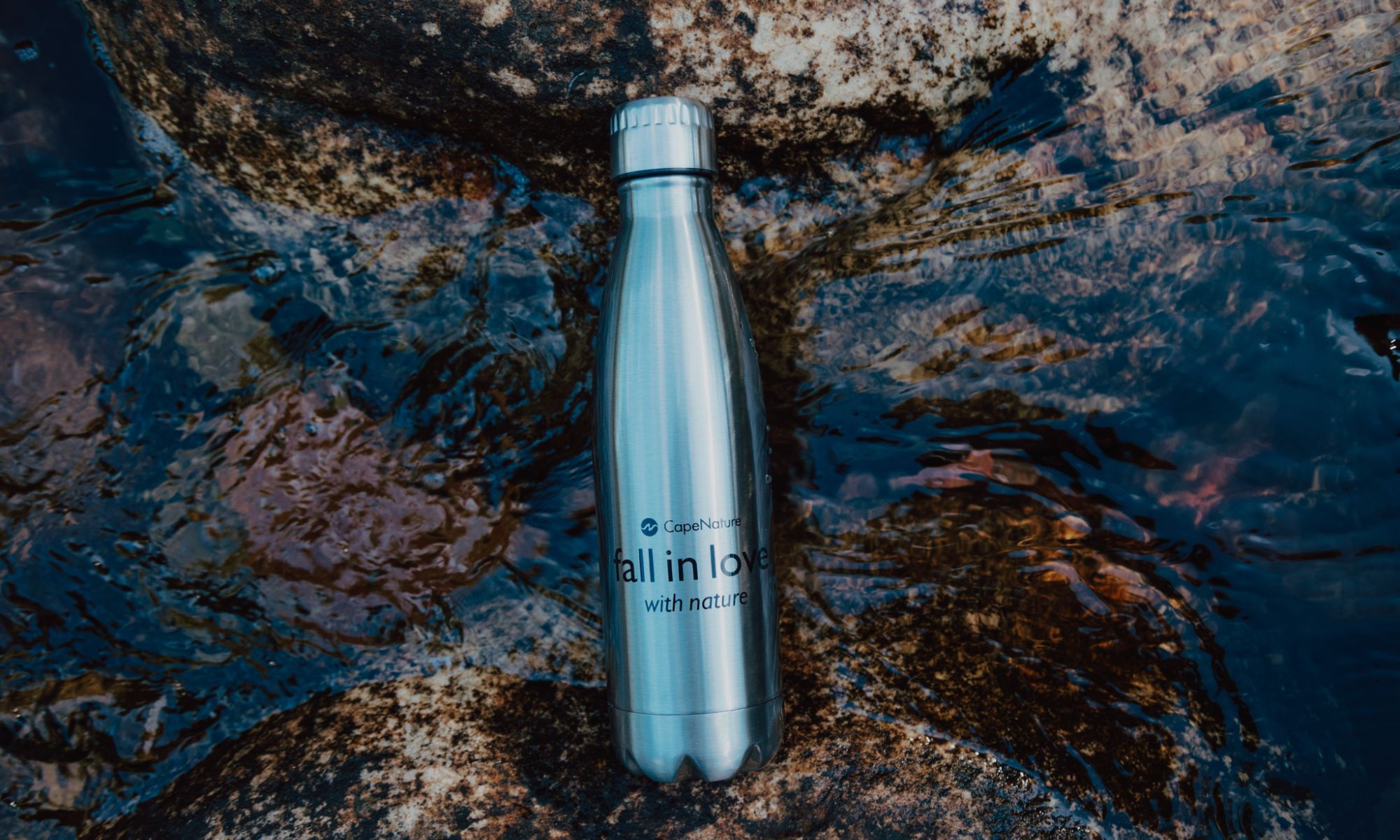CapeNature welcomes in principle agreement to protect the African Penguin
CapeNature is thankful that the government, seabird conservation organisations and the pelagic fishing industry have worked together to reach an in-principle agreement on overfishing restrictions around critical penguin breeding areas.
This agreement, pending final legal formalities, is an important step forward in protecting the future of African Penguin colonies, including those at provincially managed conservation nodes such as Stony Point Nature Reserve, Dyer Island, and Dassen Island. Breeding colonies here will benefit from continued protection measures and accessing more of their preferred prey – sardines and anchovies – from these closures.
There are also significant management challenges, other than food sources, that need to be addressed if this species is to survive extinction.
This is a move in the right direction for the African Penguin. The agreement is a positive indication that all parties are engaging and want to contribute to the conservation effort. CapeNature is committed to the ongoing conservation efforts of this seabird species and this initial agreement helps to add to the Entity’s broader conservation strategy. CapeNature will continue its monitoring and partnership efforts, which includes collaborating with both municipal and national government departments, NGOs, and local communities to support the long-term survival of the species. The African Penguin remains a firm favourite among our many visitors to the Western Cape and are a key contributor to our tourism offering and the many local jobs that it supports.
As the agreement moves through the final legal steps, CapeNature reaffirms its commitment to conserving the Western Cape’s rich biodiversity, with the African Penguin an important species within the coastal ecosystems and Marine Protected Areas.





